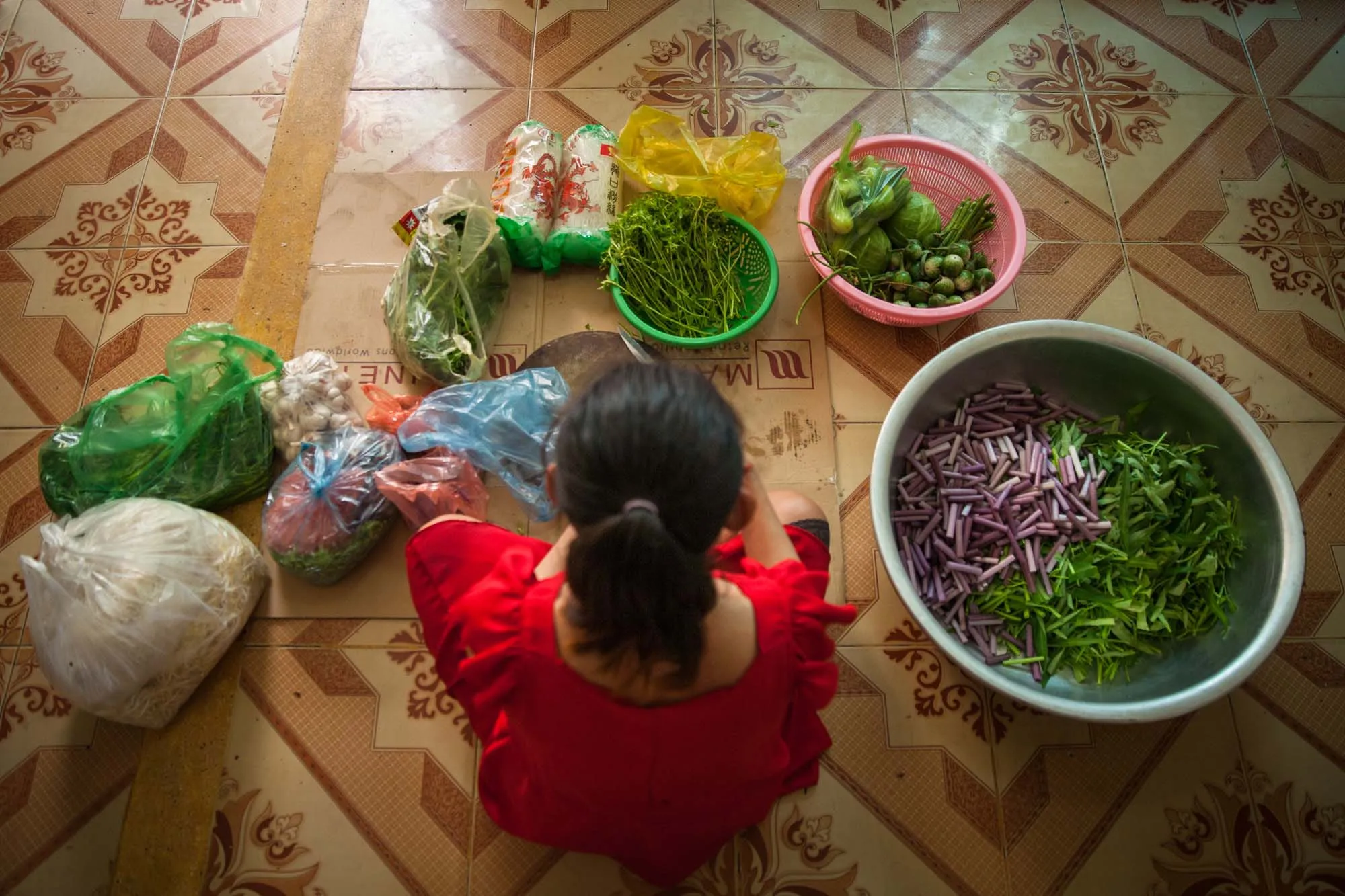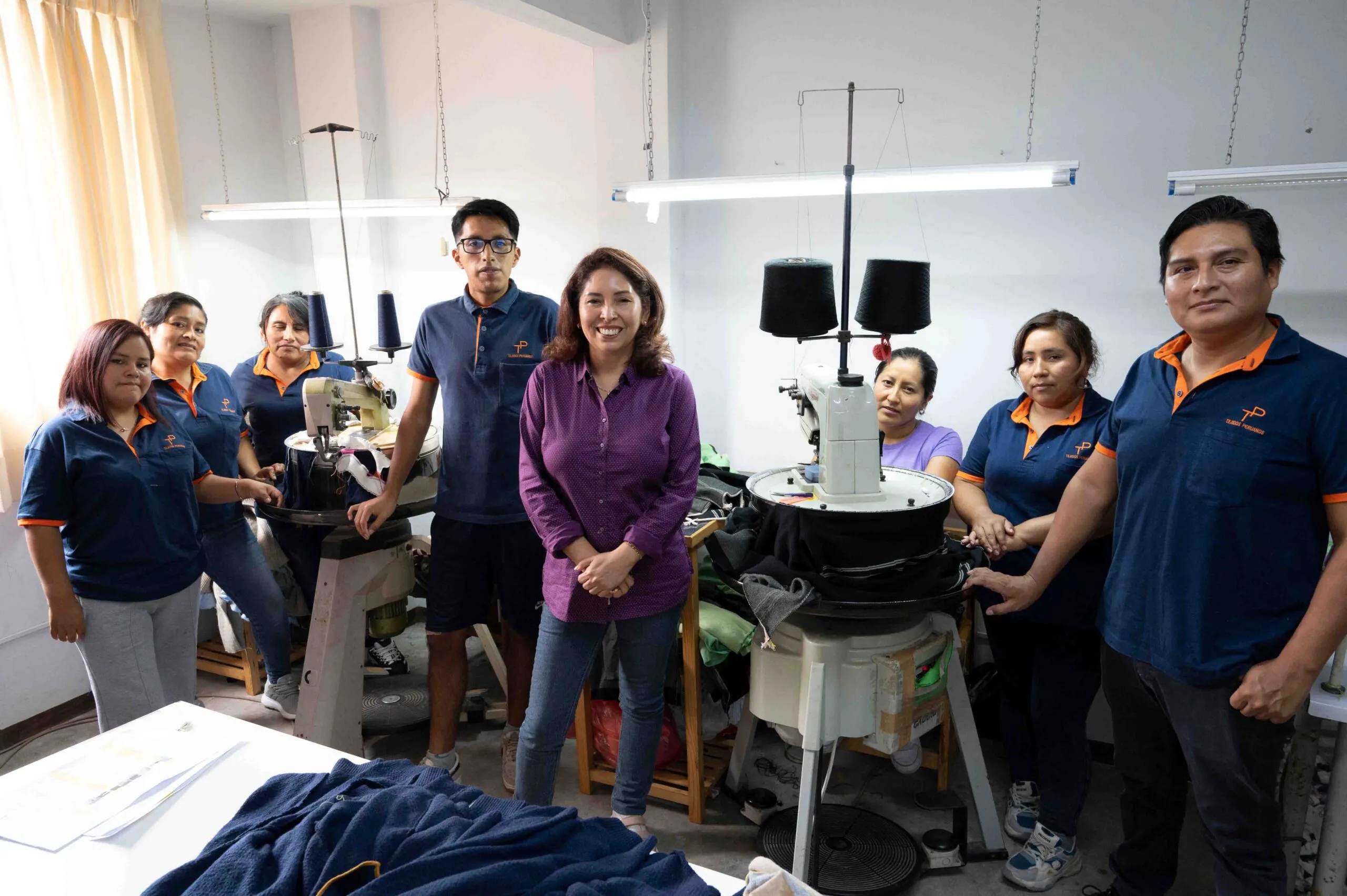Despite the noise and chaos of the traffic outside, it’s peaceful in this small and cozy restaurant filled with potted plants. Sounds of conversation and laughter grow as the restaurant fills up with the lunch crowd.
The handmade menu tells the owner’s story. She opened the restaurant during the COVID-19 pandemic with a desire to provide healthy, nourishing meals made from local ingredients. Like any small business, this owner would face multiple challenges and fierce competition (as she later tells me), but now, the restaurant is clearly thriving, and I wonder, what is the recipe for her success? What draws all these customers and me, a foreigner in Vietnam, time and again to this restaurant instead of the more familiar big chain names?
Is it just the papaya salad – really, the best I’ve ever eaten – or is it something else that only a small business has?




